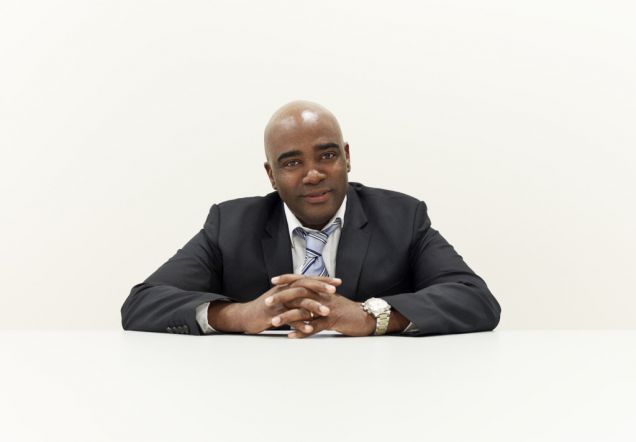
Andro Vos is a man who believes in following your dream – a valuable mindset if you specialise in innovation. On his watch as a programme director, the world-renowned Netherlands Forensic Institute (NFI) has pioneered new technologies for crime scene investigation using techniques ranging from virtual reality to heart rate monitoring.
“Classic and conservative,” is the way Vos describes the typical methods for investigating a crime scene. It’s pretty subjective, he says – investigators rely on their senses. There might be finger prints, and biological or chemical traces. And nowadays also digital evidence, such as the information on a cell phone.
At a crime scene you’ve only got one shot at collecting the evidence before it has been disturbed and contaminated, Andro Vos explains. This also makes it tricky for crime scene investigators to train on the job. There’s no room for learning by your mistakes. One false move and you could destroy valuable evidence forever. (Article continues below video)
The Power of Forensics: Andro Vos at TEDxHagueAcademySalon
Virtual crime scene
So what if you could keep coming back to the scene of the crime months or even years later to reanalyse the details on the spot? And imagine if you could train at a real crime scene – complete with corpse, blood stains and murder weapon – without worrying that you might slip up and let a murderer go free.
That’s precisely what NFI has developed with its CSI The Hague project, says Vos. It’s now possible to digitise an entire crime scene and reproduce it in virtual reality.In the video Vos made to showcase the lab, we see an investigator with a head-mounted device that records the scene and flashes up augmented reality data. (“We came up with glasses like this before Google did,” Vos points out proudly.) The investigator uses a hand-held scanner to make a 3D image of the corpse. Thermal and spectral cameras pick up traces of blood and reveal how long they’ve been there.
Objective evidence
The project has also created a CSI Lab, which uses serious gaming techniques to train investigators. A scenario generator turns criminal statistics into realistic environments. The technology even measures trainees’ heart rates and records their every move. This provides valuable information for feedback and to learn more about the way investigators are likely to behave.
Vos sums up the results of his three-year CSI The Hague project: “I created a dream.” That dream is not just about inventing high-tech gadgets. It’s about uncovering objective evidence, and discovering the truth. Without the truth, says Vos, you have no justice, no democracy, and no secure society.
